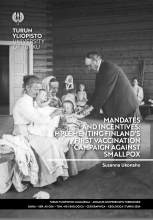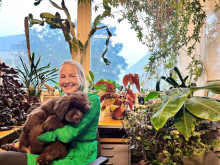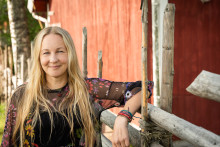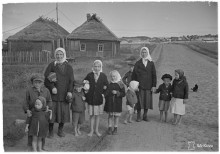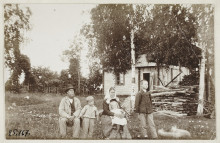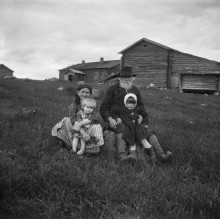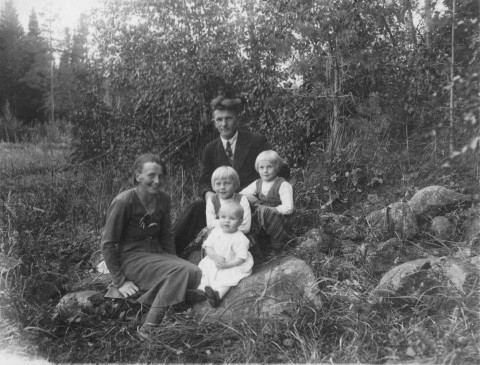
Family dynamics and age-related patterns in marriage probability
Jenni E. Pettay⁎, Simon N. Chapman, Mirkka Lahdenperä, Virpi Lummaa
Evolution and Human Behavior (in press)
In cooperatively breeding species, extended living in natal families after maturity is often associated with limited
breeding possibilities and the ability to gain indirect fitness from helping relatives, with family dynamics, such as
parental presence and relatedness between family members, playing a key role in determining the timing of own
reproduction. How family dynamics affect marriage and the onset of reproduction in humans is complex and less
well-understood. While paternal absence can be associated with both earlier puberty and reproductive behaviour,
or with delayed reproduction if marriage requires parental resources, in step-parent families, half-siblings
could further decrease the benefits from helping and delaying own reproduction compared to families with only
full-siblings. Such costs and benefits are likely age-dependent, but have not been addressed in previous studies.
Using data from pre-industrial agrarian Finland, we investigated if parental loss and remarriage affected marriage
probabilities of their differently-aged sons and daughters. We found that parental composition had divergent
effects across adulthood: loss of a parent resulted in a higher probability to marry in early adulthood,
whereas parental presence increased later adulthood marriage probability. Whilst the death of either parent was
linked to an overall lowered marriage probability, remarriage of the widowed parent, especially mother, could
mitigate this effect somewhat. Additionally, the presence of underage full-siblings lowered marriage probability,
suggesting postponement of one's own reproduction in favour of helping parental reproduction. Overall, our
results support the idea that humans are cooperative breeders, and show the importance of considering both
relatedness and age when investigating family dynamics.



